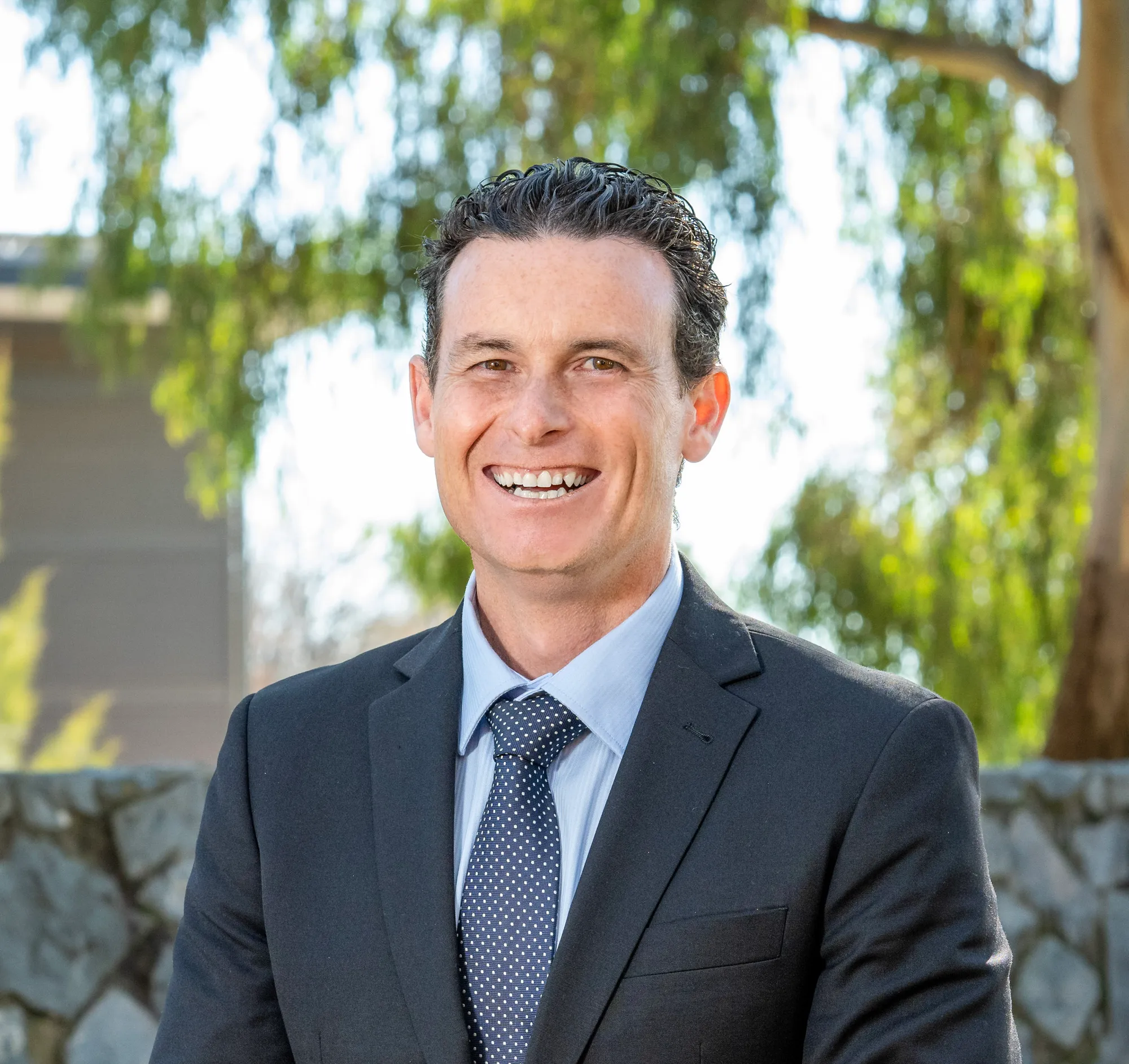Grit – the biggest predictor of success
By Mr Christopher Bradbury, Principal

Angela Duckworth’s book Grit: Why passion and resilience are the secrets to success is an excellent long-standing text that focuses on character development. Duckworth, a Professor of Psychology at the University of Pennsylvania, interviewed a number of professionals from diverse industries to determine consistent factors that play an important role in leading a successful life. From the research conducted she confirmed that grit was the sustained application of effort towards a long term goal, and it was the biggest predictor of lifelong achievement.
At the heart of the book is the emphasis on effort and how it is critical for individuals and organisations in achievement and continuous improvement. Duckworth eloquently sums up this point when she states:
What this theory says is that when you consider individuals in identical circumstances, what each achieves depends on just two things: talent and effort. Talent – how fast we improve in skill – absolutely matters. But effort factors into the calculations twice, not once. Effort builds skill. At the very same time, effort makes skill productive.
Duckworth’s argument that ‘effort factors into the calculations twice’ is highlighted through the following formula:
Talent x Effort = Skill
Skill x Effort = Achievement
The secret to outstanding achievement is not talent but grit: a special blend of passion and persistence. Grit is about having passion and perseverance for long-term goals. Gritty people are able to maintain their determination and motivation over long periods despite experiences with failure and adversity.
Duckworth argues that grit has 4 psychological assets that can be grown from the inside out: interest, practice, purpose and hope. At Radford College, we try to provide opportunities for our students to develop these skills so they have the chance to thrive in life after school.
Interest – Duckworth is a firm believer that we should encourage students to ‘follow their passion and strengths’. Research shows that people are more satisfied with their occupations when they do something that fits their personal interests, and people perform better at work when what they do interests them.
Practice – There is great truth in the line ‘practice makes perfect’, however Duckworth highlights the work of K. Anders Ericsson who is the ‘world expert on world experts’. Ericsson is of the view that the key to success is deliberate practice. He argues that it’s not just a case of spending more time on a task but rather better time on a task. Deliberate practice involves setting a stretch goal and zeroing in on just one narrow aspect of your overall performance. Rather than focus on what they already do well, experts strive to improve specific weaknesses.
Purpose – The intention to contribute to the well-being of others and the idea that what we do matters to people other than ourselves. Interest is crucial to sustaining passion over the long-term, but so too is the desire to connect with and help others. Duckworth talks about gritty heroes – the powerful impact of having goals achieved that are in some way connected to the benefit of others.
Hope – Grit depends on the expectation that our own efforts can improve our future and has nothing to do with luck but everything to do with resilience and handling adversity. The key message of hope includes developing a growth mindset, engaging in optimistic self-talk and subscribing to the belief of perseverance over adversity.
At Radford College, we want to provide our students with opportunities to build resilience and develop a growth mindset that allows them to achieve their full potential. If we pride ourselves on a learning environment that celebrates effort, then it will ultimately lead to achievement. This is critical to fostering a learning environment based on scholarship and growth.
Our purpose is to establish a learning environment where our students can pursue their interests and engage in deliberate practice with the support of expert teachers so they can help others and make a valuable contribution when they leave school.
